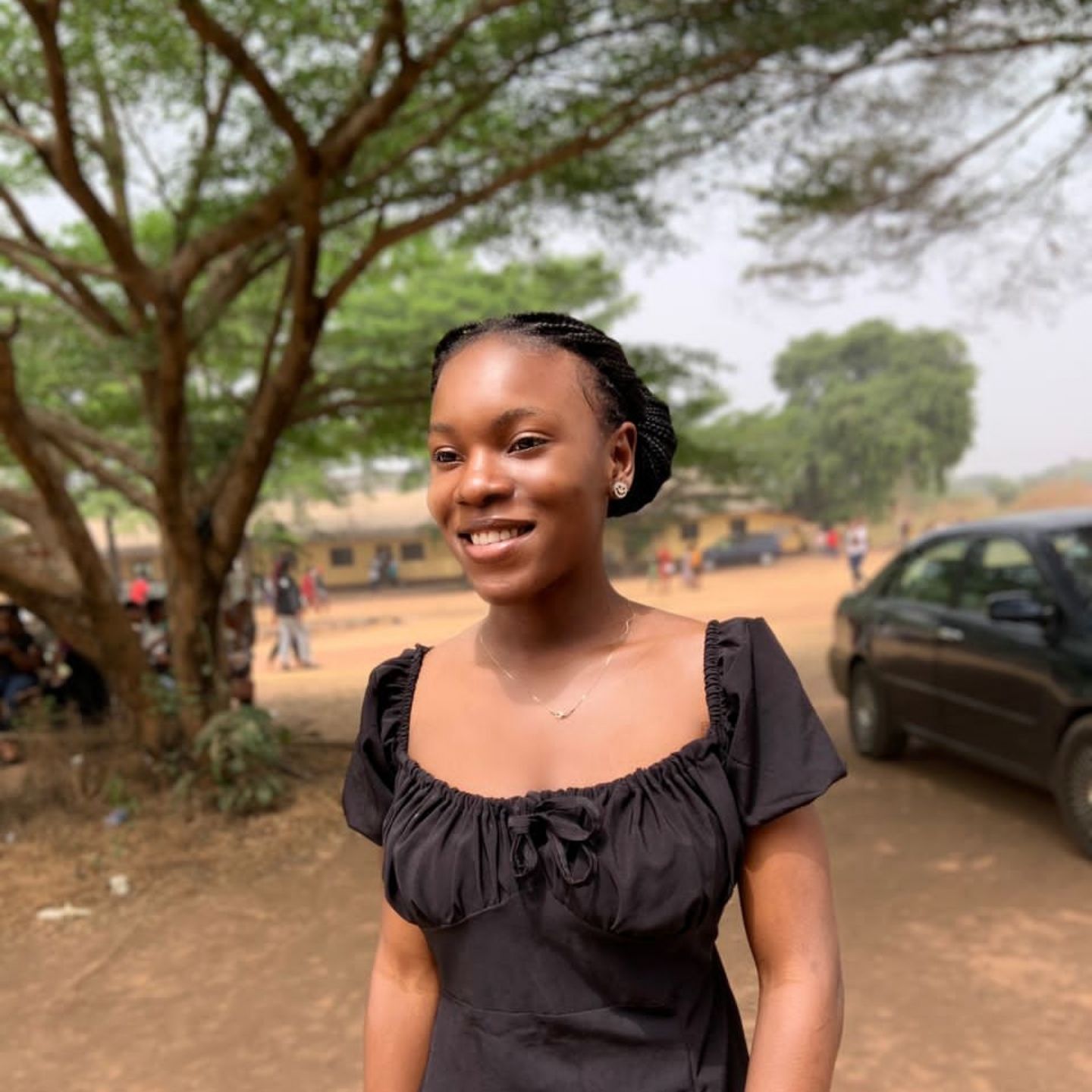
Claribel
@clarybel
0 reply
0 recast
0 reaction
1 reply
0 recast
0 reaction
1 reply
0 recast
0 reaction
0 reply
0 recast
0 reaction
0 reply
0 recast
0 reaction
0 reply
0 recast
0 reaction
0 reply
0 recast
1 reaction

With her wit, charm, and alliances, Ahebi gained the favor of the British, who, seeing her potential for leadership, appointed her a warrant chief—the first and only female warrant chief in Nigeria. But Ahebi was not content with just the British title; she had dreams far larger. Returning to Enugu-Ezike, she boldly declared herself king, a title unheard of for a woman in her society. She did not seek to be queen; she wanted the full authority of kingship.
As king, Ahebi ruled for nearly 30 years. She held court, judged cases, and her palace became a sanctuary for women escaping abusive marriages. She even took wives, paying their bride prices and assuming the role of “male husband,” as was permitted in certain Igbo traditions. Children born to her wives were named after her, and she embraced this male identity fully, challenging traditional gender roles.
But Ahebi knew her people’s beliefs well. Fearing she might be denied proper funeral rites upon her death, she held her own funeral while still… 0 reply
0 recast
0 reaction
AHEBI UGBABE (FIRST FEMALE KING IN ENIGU-EZIKE)
Once upon a time in Igboland, there was a young woman named Ahebi Ugbabe. Born in Enugu-Ezike, Ahebi’s life began in a society where women were meant to stay within strict boundaries. But from the start, she was different—rebellious, bold, and determined to control her destiny.
One fateful day, Ahebi was forced to flee her village after a dispute threatened her safety. She made her way to Igala land, where she began working as a sex worker, a role that, in her hands, became a means of survival and empowerment. Over time, she became close to local Igala leaders and later to British colonial officers. This unique position allowed her to master languages, including Igbo, Igala, Nupe, and Pidgin English, making her a formidable communicator. 1 reply
0 recast
1 reaction

The Landing
Long ago, in 1803, on the shores of St. Simons Island, Georgia, a group of Igbo people arrived in chains, brought from their homeland to be sold as slaves. They had endured a harsh journey across the ocean, taken far from their families and land. But the Igbo people were strong in spirit, and though their bodies were bound, their will was unbroken.
After being sold, they were put on a small boat to be taken to plantations. As the boat drifted down the waters of Dunbar Creek, the Igbo captives decided they would not live in bondage. Together, they rose up against the crew, overpowered them, and took control of the boat.
Standing at the edge of the water, the Igbo made a choice. Rather than live as slaves in a strange land, they would return to their ancestors. Chanting songs of freedom, they walked into the creek, choosing the water over chains. It is said their spirits rose from the water, flying back to their homeland, free at last.
To this day, people say the waters of Dunbar Creek remem… 0 reply
0 recast
4 reactions
0 reply
0 recast
0 reaction
1 reply
0 recast
0 reaction
1 reply
0 recast
5 reactions
0 reply
0 recast
0 reaction
1 reply
0 recast
0 reaction

Sara Aka
in Igbo culture is a multifaceted tradition that embodies the values of generosity, spiritual connection, and communal support. It is not only practiced to attract blessings, but also to appease the ancestors and give back to the community.
Key Aspects of "Sara Aka" in the Igbo Tradition:
1. Generosity to Attract the Souls of Children: For women experiencing difficulty with conception, "Sara Aka" is performed as a spiritual act to attract the souls of children. The woman buys small snacks, such as biscuits, groundnuts, sweets, and minerals (soft drinks), and places them outside her home. She does not need to invite the children, as they come naturally to the offering, drawn by the spirit of generosity.
2. Children as Spiritual Beings: In Igbo cosmology, children are seen as closer to the spiritual realm. Their innocence is believed to attract not only blessings but also the souls of unborn children. By showing kindness to them, the woman may receive the gift of fertility, as the presence of ch… 1 reply
0 recast
5 reactions
0 reply
0 recast
0 reaction
1 reply
0 recast
14 reactions
0 reply
0 recast
23 reactions
0 reply
0 recast
16 reactions
